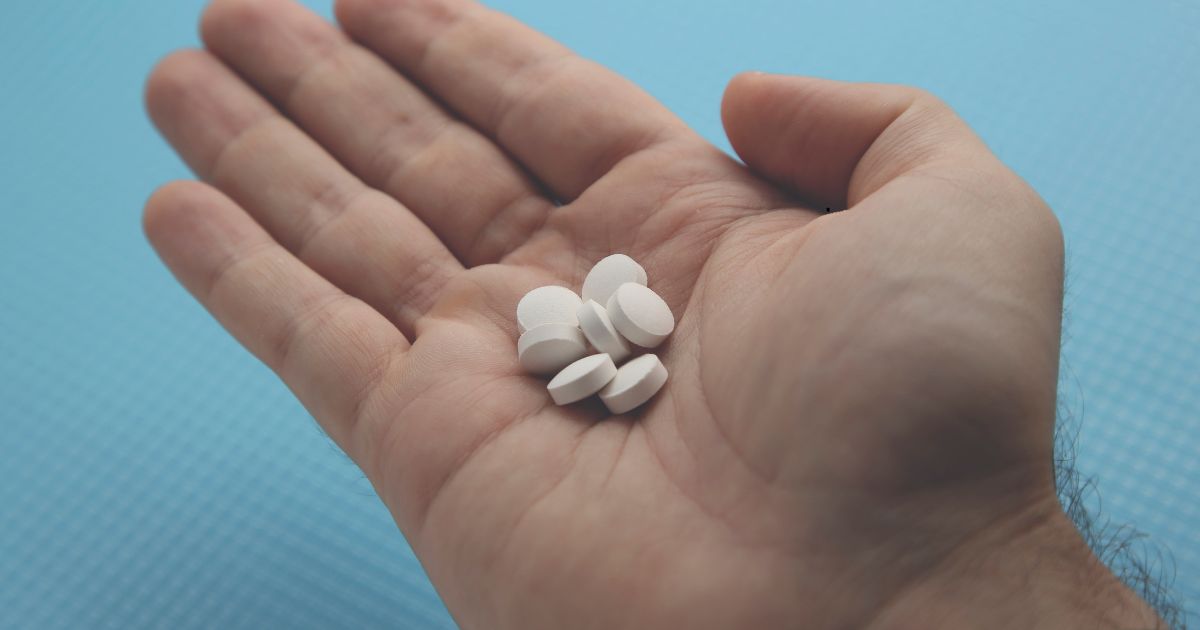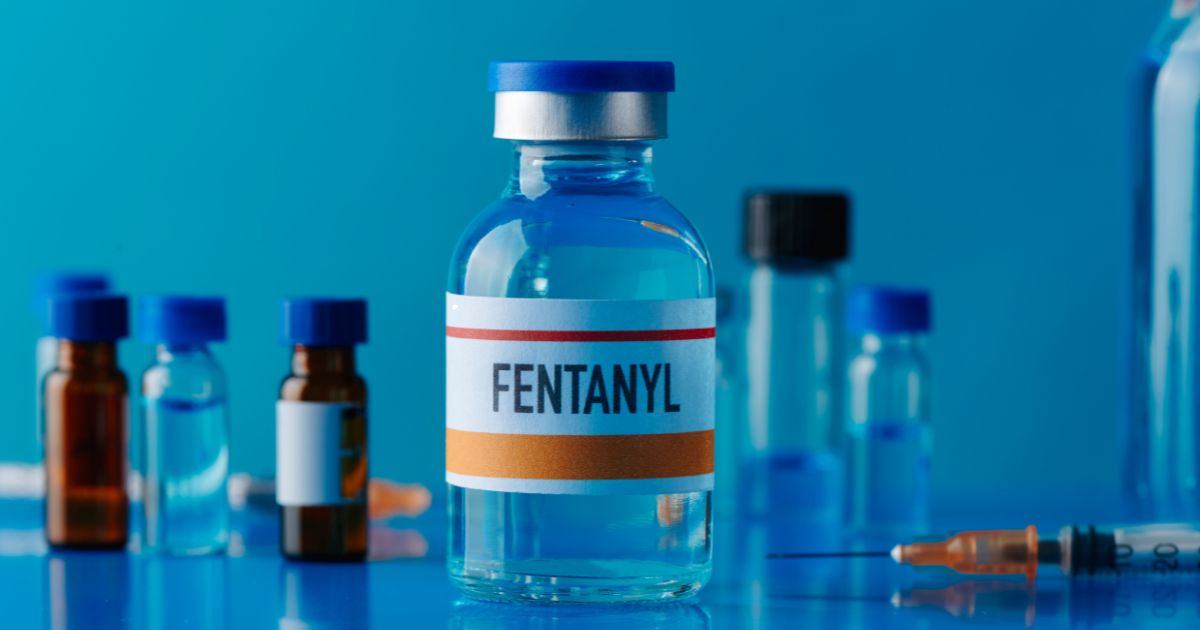What Is Dual Diagnosis Treatment?
Dual diagnosis treatment refers to the integrated treatment of individuals who have both a mental health disorder and a substance use disorder. In this kind of treatment approach, professionals seek to address both issues simultaneously, acknowledging that these conditions are often deeply interrelated and can impact each other significantly.
The concept of dual diagnosis treatment first emerged back in the 1980s, when the link between substance abuse and mental health gained recognition. Before that point, the two were considered separate issues.
Today, dual diagnosis treatment is offered by a wide variety of healthcare providers. This includes rehabilitation clinics, community mental health centers, and individual practitioners. It’s considered an “evidence-based practice” by the Substance Abuse and Mental Health Services Administration.
Get confidential help from our addiction treatment specialists in Orange County. Call to join our rehab program today!
Call 866-881-1184What Is the Link Between Addiction and Mental Health?
Many individuals who are diagnosed with mental illness also tend to have substance abuse issues, and vice-versa. For example, data shows a high rate of comorbidity between substance abuse and anxiety disorders. Addiction is also highly comorbid with depression and bipolar disorder.
Why this is the case is due to a complex interplay of various factors:
- Biological Factors:
- Genetic Predisposition – Both mental health disorders and addiction have genetic components, which means individuals with family history of these issues are at a higher risk of developing them.
- Neurobiological Factors – Addiction and many mental health disorders involve similar areas and neurotransmitters in the brain. The dysregulation of neurotransmitters like dopamine and serotonin can be central in both mental health and substance use disorders.
- Environmental Factors:
- Trauma and Stress – Experiencing trauma or chronic stress can be a risk factor for developing both mental health issues and addiction.
- Adverse Childhood Experiences (ACEs) – Individuals with a high number of adverse childhood experiences are at a higher risk for both mental health issues and addiction later in life.
- Psychological Factors:
- Self-Medication Hypothesis – Many individuals with mental health disorders use substances to self-medicate, which can unfortunately lead to addiction over time.
- Impulsivity and Compulsivity – Both mental health disorders and addiction can be associated with increased impulsivity and compulsivity, which can create a cycle where mental health issues lead to substance use, which in turn exacerbates mental health problems.
- Developmental Factors:
- Early Onset of Substance Use – Early onset of substance use can interfere with brain development, potentially increasing the risk of mental health issues later in life.
- Adolescence – The adolescent period is a critical time for the development of both substance use and mental health disorders, partly due to the significant brain development and identity formation that occurs during this time.
Mental Health and Addiction
Understanding the link between addiction and mental health is crucial in developing effective treatment strategies. Without treating both sides of the problem with an integrated treatment approach, both are likely to get worse over time.
Thankfully, there are things you can do to overcome your demons, rebuild your relationships, and get back on track. If you have a co-occurring disorder, know that dual diagnosis treatment is available.
Looking for quality substance abuse treatment that’s also affordable? South Coast accepts most major insurance providers. Get a free insurance benefits check now.
Check Your CoverageWhat Can Dual Diagnosis Treat?
Dual diagnosis can treat a range of substance use disorders and mental health issues. Often, certain combinations of substance use and mental health disorders are more commonly seen together.
Common Substance Abuse Disorders
- Alcohol Use Disorder
- Cannabis Use Disorder
- Opioid Use Disorder (involving substances such as heroin, morphine, oxycodone, etc.)
- Cocaine Use Disorder
- Methamphetamine Use Disorder
- Benzodiazepine Use Disorder (involving substances such as Xanax, Valium, etc.)
- Prescription Drug Use Disorder (misuse of prescription medications like Adderall, Vicodin, etc.)
- Hallucinogen Use Disorder (involving substances like LSD, psilocybin, etc.)
- Nicotine Use Disorder
Common Mental Health Issues
- Depression
- Anxiety Disorders (such as generalized anxiety disorder, panic disorder, etc.)
- Bipolar Disorder
- Post-Traumatic Stress Disorder (PTSD)
- Obsessive-Compulsive Disorder (OCD)
- Personality Disorders (like borderline personality disorder, antisocial personality disorder, etc.)
- Schizophrenia and other psychotic disorders
- Attention-Deficit/Hyperactivity Disorder (ADHD)
- Eating Disorders (such as anorexia nervosa, bulimia nervosa, etc.)
Dual Diagnosis Combinations Often Seen Together
- Alcohol Use and Depression – Alcohol use is often seen in individuals with depression, as some use it to self-medicate their depressive symptoms.
- Cannabis Use and Anxiety Disorders – Individuals with anxiety disorders might use cannabis as a way to alleviate their anxiety symptoms, which can sometimes exacerbate the issue.
- Opioid Use and PTSD – Many individuals with PTSD end up using opioids to cope with their traumatic experiences and the associated symptoms.
- Benzodiazepine Use and Anxiety Disorders – Benzodiazepines such as Xanax are often prescribed to treat anxiety but can lead to dependence and worsened anxiety over time.
- Methamphetamine Use and Psychotic Disorders – Methamphetamine use can exacerbate symptoms in individuals with pre-existing psychotic disorders.
- Cocaine Use and Bipolar Disorder – Individuals with bipolar disorder might use cocaine during manic phases, and this can worsen the cycle of manic and depressive episodes.
Dual diagnosis treatment aims to treat both the substance use disorder and the mental health disorder simultaneously. This is the best way to treat co-occurring disorders and reduce the risk of relapse.
Dual diagnosis treatment often involves a comprehensive treatment approach that integrates psychotherapy, medication management, and support groups to address the complex interplay between substance use and mental health issues. It’s always recommended to seek help from healthcare providers who specialize in dual diagnosis treatment for best results.
Dual Diagnosis Treatment at South Coast Behavioral Health
If you or a loved one are struggling with addiction, you don’t have to face it alone.
We at Aliya Health Group seek to be a beacon, resource, and partner for those struggling with addiction. We offer affordable and compassionate alcohol addiction treatment, with dual diagnosis treatment centers across the country.
There are several different approaches to treating dual diagnosis treatment, including:
Residential Treatment
After successfully completing medical detox, you’ll transition to residential treatment, also known as inpatient treatment. There, you’ll receive medically-assisted treatment and dual diagnosis treatment to deal with any cravings or co-occurring mental health issues you may be battling.
In addition to individual and group counseling and medication management, you’ll also have access to leisure activities and family support services.
Partial Hospitalization
A step down from inpatient care but with more structure than conventional outpatient programs, a partial hospitalization program offers a good balance for those looking to ease back into normal life. Clients can receive care five to seven days a week for a number of hours each day, returning back to their homes in the evening.
This way, they can recover without putting their daily lives on hold, receiving intense therapeutic interventions like group and individual therapy, skill development, and medication management as necessary.
Intensive Outpatient Treatment
Clients undergoing this program participate in intensive therapy sessions, meeting three to five days a week, with each session lasting three hours. This level of care is a step down from partial hospitalization, requiring less time commitment.
IOPs offer participants the ability to continue their employment or academic obligations, receiving support and therapy as needed as they prepare to reenter society.
Outpatient Care
Finally, there’s outpatient care. Outpatient care allows clients to receive care without neglecting their responsibilities at home. It also tends to be significantly more affordable than higher levels of care.
Start Your Dual Diagnosis Recovery Journey Today
If you or a loved one are thinking of seeking dual diagnosis treatment but have questions, call us at 866-881-1184. Our highly qualified staff will be happy to assist you. Mental health disorders and substance abuse don’t have to ruin your life any longer. Contacting the best treatment centers with qualified staff is the best course of action.
REFERENCES:
- Comparison of the Course of Substance Use Disorders among Individuals With and Without Generalized Anxiety Disorder in a Nationally Representative Sample – PMC (nih.gov)
- Co-Occurring Disorders Screening, Diagnosis, and Treatment | SAMHSA
- store.samhsa.gov/sites/default/files/d7/priv/ebp-kit-the-evidence-10242019.pdf
- Lifetime comorbidity of DSM-IV mood and anxiety disorders and specific drug use disorders: results from the National Epidemiologic Survey on Alcohol and Related Conditions – PubMed (nih.gov)










